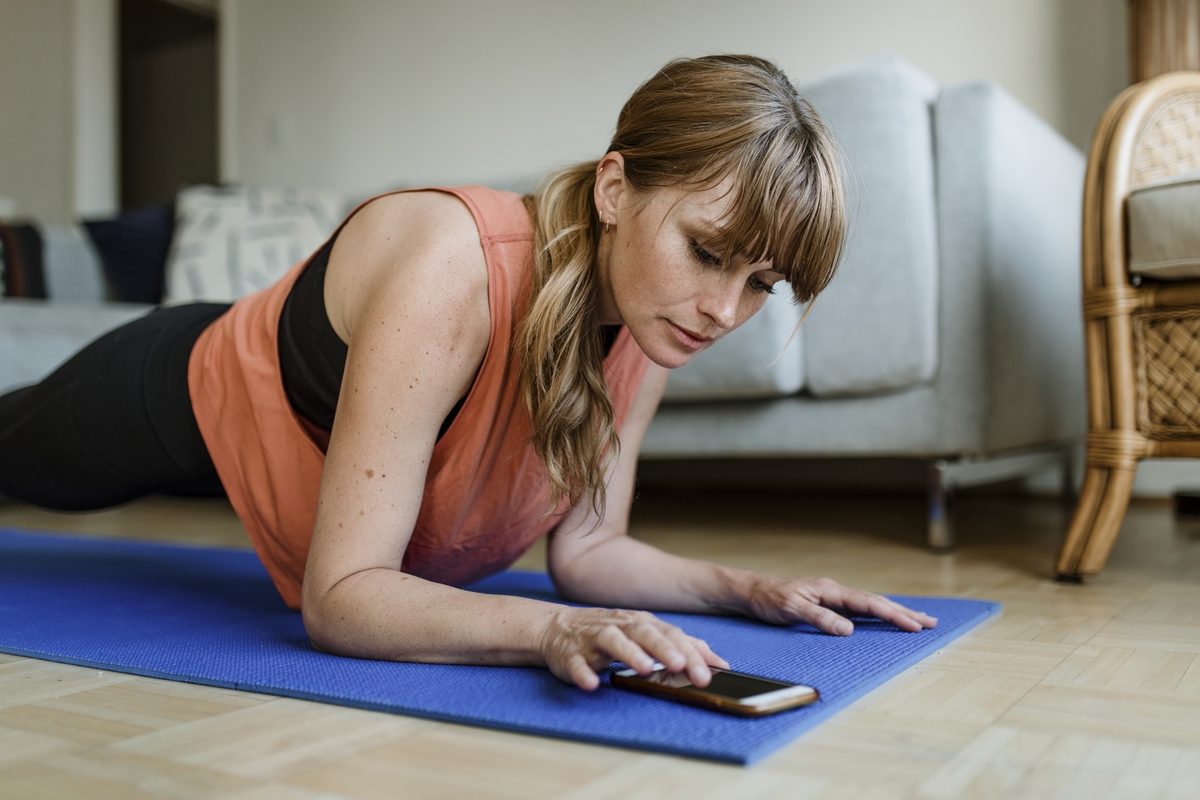Whether it’s brushing our teeth, having our coffee every morning or checking the news each lunchtime, we’re all undeniably creatures of habit. Habits, those regular activities we do in the same context (e.g., time, place, company, etc) without much thought, are our brain’s way of making our regular activities efficient. While most of our habits are innocuous or helpful, some can become problematic. This is especially the case for habits that are inflexible and hard to break.
The cycle of unhealthy habits
Many of our unhealthy habits are created when we repeatedly engage in a behaviour to relieve stress. For instance, some people may reach for a drink after a stressful day at work because they think it might help them relax. Others seek comfort in their favourite fast food. Because these behaviours can provide temporary relief from stress, they’re often repeated the next time we feel stressed, and eventually can turn into habits.
Unfortunately, some of these behaviours (such as drinking, unhealthy eating, excessive screen time) can contribute to changes in the brain that reduce behavioural flexibility, that is, our ability to change our way of responding to suit new situations or new goals. For example, someone may form a habit of getting a burger, fries, and lollies every day after work. This type of diet has been shown to result in changes in brain structure and functioning that are associated with mental rigidity and inflexible behaviours, and thereby, the development of compulsive overeating.
So aside from their negative impacts on physical health, many unhealthy habits can further impair our brain’s capacity to adapt and modify unhelpful behaviours once they no longer meet our goals. In other words, while habits might have started as behaviours that we engaged in to meet certain goals (e.g. stress relief), unhealthy habits can create a self-serving cycle where the more we engage in them, the harder it is to break away from them.
Another way that unhealthy habits can promote inflexible behaviours is through negatively impacting protective (flexibility-promoting) lifestyle activities. Lifestyle activities such as regular physical activity, quality sleep, and a healthy diet can boost brain health and mental flexibility. However, unhealthy habits like regular alcohol and other drug use have a negative impact on sleep, and excessive screen time increases sedentary time and decreases physical activity. Similarly, an unhealthy diet takes us away from foods that boost brain and mental health and may disrupt sleep.
Finally, while many unhealthy habits form through an attempt to reduce stress, they can result in greater stress in the long term. This is because stress can facilitate inflexibility. When people are stressed, they often find it more difficult to keep long-term goals in mind, with the need to relieve the stress taking centre stage.
![]()
Exercise can help to break the cycle of unhealthy habits
Fortunately, physical exercise can help break this cycle in multiple ways. First, even just a single session of exercise can effectively reduce stress levels. Therefore, exercise can be used as an alternative strategy for stress relief, and with effort over time can replace unhealthy relief-seeking behaviours (e.g. alcohol, fast food, etc.). And the more we do it, the easier it gets! This is because the stress-reducing effects of exercise help us feel less stressed, which makes the pull of the burger or beer a little less and help us turn our running shoes instead of the fridge next time we have a tough day at work.
Another way that exercise can boost control over unhealthy habits is through helping to improve our ability to regulate our emotions. For instance, scientific evidence shows that engaging in regular exercise can increase our level of control over emotion-driven impulses to engage in unhealthy behaviour.
In summary
Exercise can help promote flexibility that helps people to end the cycle of unhealthy habits and move toward healthier choices. That said, breaking unhealthy habits isn’t easy. Learning about the ways in which unhealthy habits can reduce behavioural flexibility (such as through having read this article) is an important first step toward making change. Similarly, creating and sustaining an exercise routine isn’t easy. But the benefits are many and support is available.
Where to get more advice
If you need help to start moving more, you can find an accredited exercise professional near you by clicking here.
READ MORE LIKE THIS
Written by Dr Lucy Albertella. Lucy is a Research Fellow at BrainPark Turner Institute for Brain and Mental Health, Monash University)
References:
Basso, J. C. and W. A. Suzuki (2017). “The effects of acute exercise on mood, cognition, neurophysiology, and neurochemical pathways: a review.” Brain Plasticity 2(2): 127-152.
Asmundson, G. J., et al. (2013). “Let’s get physical: a contemporary review of the anxiolytic effects of exercise for anxiety and its disorders.” Depression and anxiety 30(4): 362-373.
Edwards, M. K., et al. (2017). “A randomized control intervention investigating the effects of acute exercise on emotional regulation.” American journal of health behavior 41(5): 534-543.
,


